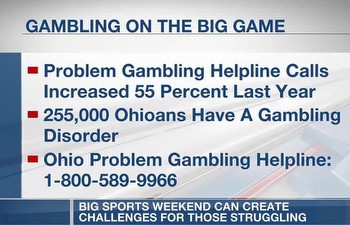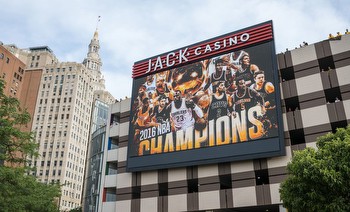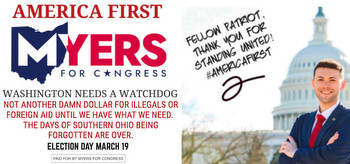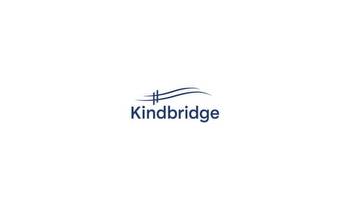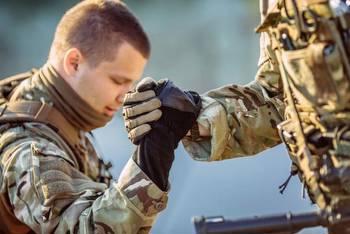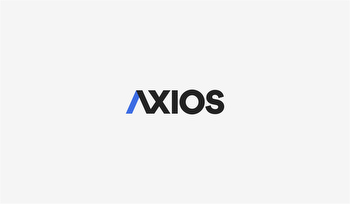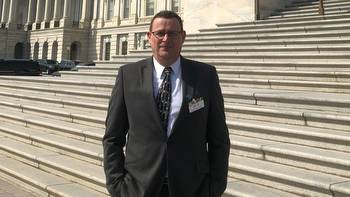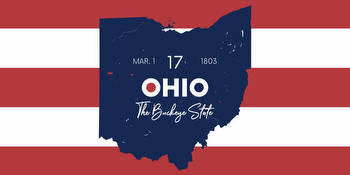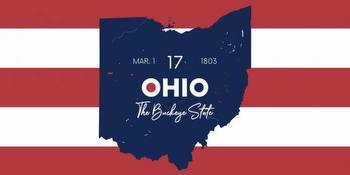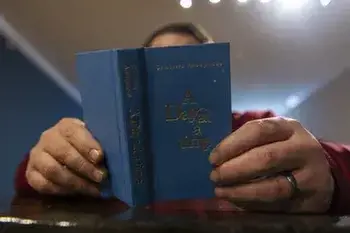Problem Gambling Network of Ohio: Veterans twice as likely to have?a gambling problem
Today, as we honor those who served, Problem Gambling Network of Ohio (PGNO) looks to spread awareness of the impact of problem gambling on military personnel. Despite being nearly twice as likely to struggle with a gambling problem, only 2 percent of veterans report seeking help or treatment.Gambling is a normalized behavior among the military. Many veterans commonly report spending time playing card games while serving and some military bases host slot machines. Despite this, there’s currently no screening for gambling disorder in the military, and there continue to be many barriers to treatment, including stigma and a lack of resources.In June 2021, instant electronic bingo (e-bingo) was legalized in an amendment to the state budget bill. Since then, veterans and fraternal clubs across Ohio have added e-bingo machines reminiscent of slot machines. This, in addition to the upcoming launch of sports betting, has advocates speaking out.“As we see increased availability of legalized gambling, it’s going to become even more important that we work collaboratively to protect those most at-risk,” said Derek Longmeier, executive director of PGNO. “We’re working to make sure there are resources available for those in need in every corner of the state.”
In addition, Ohio’s statewide responsible gambling campaign, If You Gamble, Get Set Before You Bet, has a veteran-specific community toolkit for those looking to spread awareness of problem gambling. The campaign also has a short quiz to help Ohioans gauge their own risk for a gambling problem, located at BeforeYouBet.org/The-Quiz.
Gambling disorder treatment saw its start at the Louis Stokes Cleveland Department of Veterans Affairs, where Dr. Robert Custer was the first to begin seeing veterans and worked to include a formal diagnosis for disordered gambling in the DSM-V.The Cleveland VA has one of just two gambling inpatient treatment programs in the VA system. Dr. Heather Chapman, the current director of the program and 2021 winner of the Dr. Robert Custer Lifetime Award of Direct Service, is continuing to build on Dr. Custer’s legacy.“Ohio has always been a pioneer in gambling treatment and worked to support veterans. We have a great team of clinicians here at the VA and we’re continuing to do research on the impact of gambling on military personnel,” says Dr. Chapman.Problem gambling treatment is available at low or no cost to Ohioans. The Ohio Problem Gambling Helpline (1-800-589-9966) and GamblingHelpOhio.org are available 24/7 to provide resources and treatment options to those in need.
About PGNO: Problem Gambling Network of Ohio (PGNO) is a statewide nonprofit dedicated to building a network of support for those impacted by gambling through collaboration, education and research. While PGNO does not take a position for or against legalized gambling, through partnerships with state agencies, regulators and operators, PGNO continually ensures a cohesive system for minimizing harm and growing Ohio's gambling treatment workforce.







